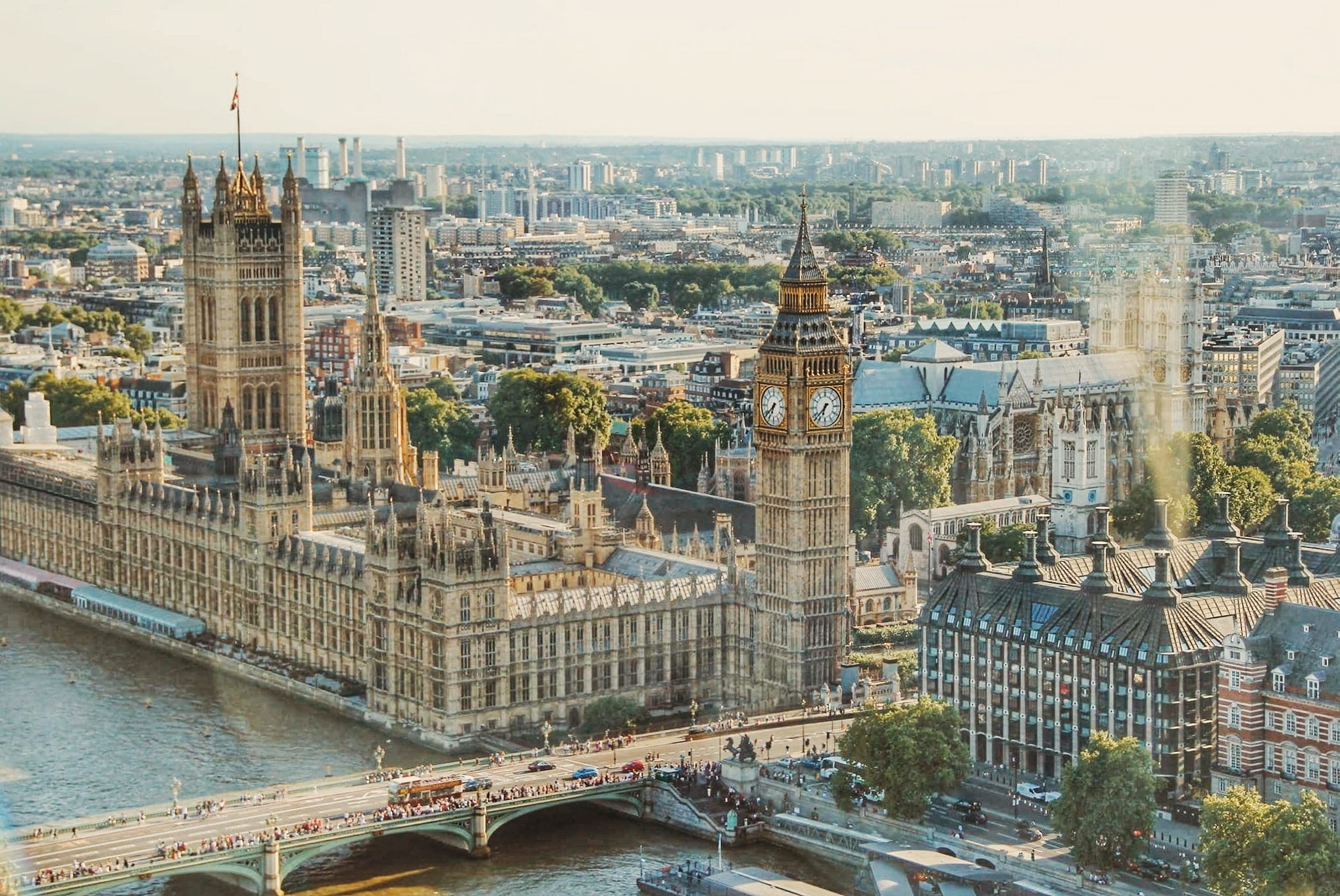In less than a month, our new Prime Minister will have been announced. Until then, Rishi Sunak and Liz Truss must use this time to gain support from voters.
Against a backdrop of rising living costs, inflation and interest rates, tax and spending has become the key battleground in the hard-fought contest. Both candidates are approaching tax and spending differently, and it is going to be interesting to see how this impacts voting.
Liz Truss’s approach to Tax & spending:
Truss is keen to cut taxes immediately and will spread the repayment of the country’s covid debt over a longer period to facilitate this. She has also said she will reverse several of the policies Sunak announced as Chancellor.
Key Tax Pledges:
- Reverse the recent rise in National Insurance
- Scrap a planned rise in Corporation Tax – set to increase from 19% to 25% in 2023
- Suspend the “Green Levy” – the part of energy bills that pays for social and green projects
- Reform taxes to make it easier for people to stay home to care for children and elderly relatives
Rishi Sunak’s approach to Tax & spending:
Sunak’s priority is to get inflation under control and is keen to begin paying off the country’s covid debt as soon as possible. As former Chancellor he is sticking with the tax plans he has previously announced.
Key Tax Plegdes:
- Taxes will be reduced once inflation is under control – when not if
- Cut basic rate of income tax by 1p in April 2024 and a further 3p by the end of the next parliament
- Scrap 5% VAT rate on household energy for one year if the price cap on bills rises above £3,000 for a typical household
- Increase Corporation Tax from 19% to 25% in 2023
Both policies will appeal to different audiences and is a topic voters have very strong views on. All we can do for now, is wait and see who wins.

